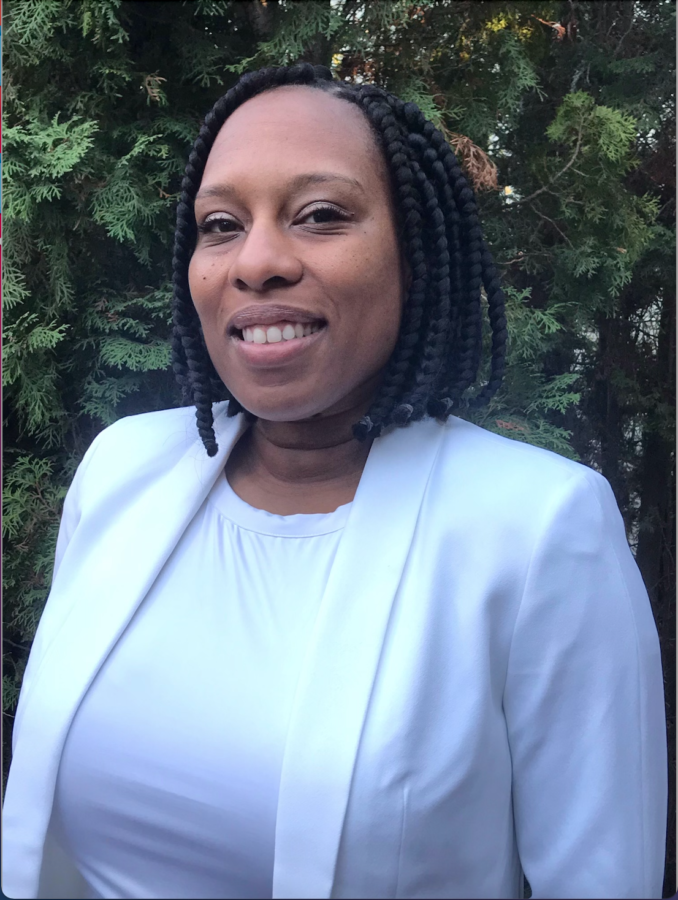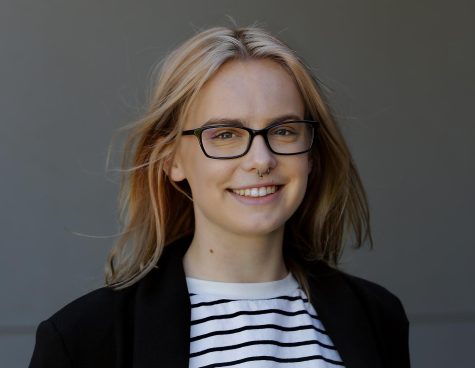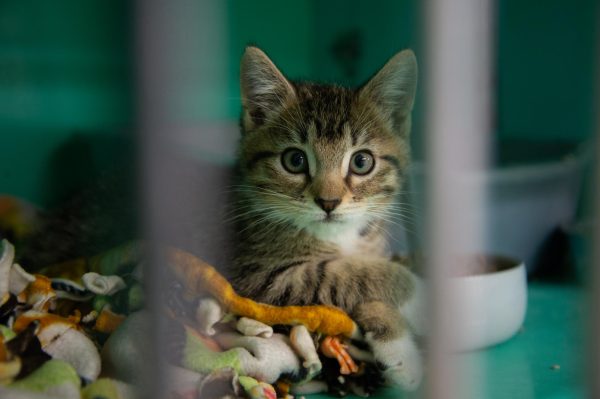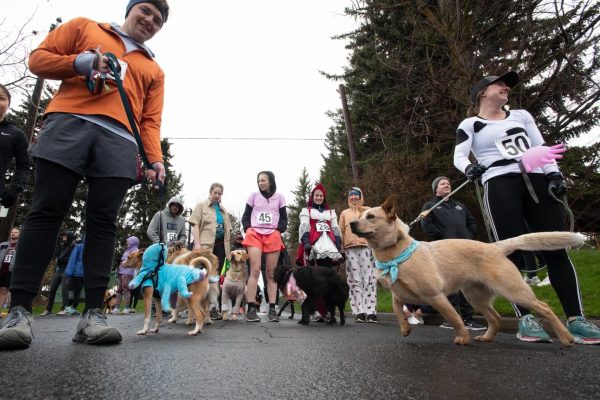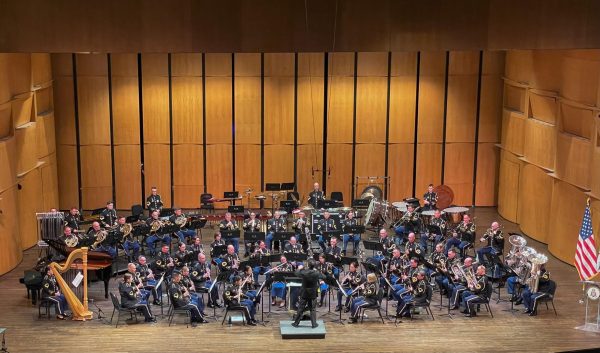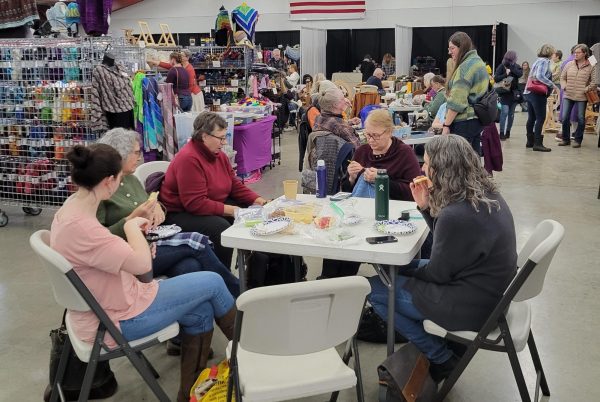WSU adviser molds advising experience to students
Loved experiencing New Mexico culture, wants students to feel comfortable going to advisers
Prior to the COVID-19 pandemic, Heim worked to bring in people from fields psychology majors often went into. This provides students with career paths they could take after graduation.
May 19, 2021
Chioma Heim started working in the WSU Department of Psychology when she moved back to Pullman in 2016.
Heim, academic adviser and academic coordinator, was five years old when she moved to Pullman. Her dad moved from Nigeria to Washington state because his brother was in the area for school, and her mom came to Washington from Mississippi with her cousin.
“That’s how they met,” she said. “Then they had me in Spokane, and they moved [to Pullman] to go to school.”
Heim said she completed her K-12 education in Pullman and got her bachelor’s degree in humanities and master’s degree in educational leadership at WSU.
After Heim recieved her master’s degree, she moved to New Mexico with her husband of 10 years, she said. All of their children were born in New Mexico and the family moved back to Pullman for the children’s schooling.
“I knew that WSU was also a great place to work because I had gone through my undergrad and graduate studies here,” she said. “I knew that we [could] get a lot out of Pullman education-wise.”
Heim said they also moved back to Pullman to be closer to her mom and husband’s parents.
Even though Heim decided to move back to Pullman, she still loved her time in New Mexico. Heim said she was able to have a different cultural experience compared to Washington.
Heim said she got to see some balloon fiestas and witnessed events revolving around flamenco dancing and the culture surrounding it.
“We got to experience some of the rich culture that’s still really vibrant there,” she said. “We just got to do a lot of different things that we wouldn’t be able to necessarily do as easily here in Washington.”
Heim said she worked at a couple of community colleges in New Mexico, which helped her understand the transition students experience between community college and a four-year university.
While working at a community college, Heim said she saw students from different backgrounds ranging from high school students to retired students working toward a higher education.
While working in a university setting, Heim said she usually only sees students 18-22 years old.
“Working at the community college was awesome because you got to see so many people from so many different walks of life come to get an education to experience the life that they’re hoping for, and I got to be a part of that,” she said.
Heim said while she has faced multiple challenges as an adviser throughout the pandemic and trying to serve students virtually, she still enjoys her job and has had good experiences working at WSU.
Heim said working for the psychology department has been a learning experience because she was told to mold the advising process as she saw fit for the students.
“It was nice being able to learn a little bit more about what our students needed and try to implement it the best I can,” she said.
Before the pandemic, Heim was working with the psychology department to bring in mentors to educate current psychology students about possible career paths.
Heim said this helped psychology students figure out what they need to do at the bachelor’s degree level to get into graduate school if they decided to pursue that career path.
Bringing in these mentors provided opportunities for psychology students to ask questions about future education and career choices, she said.
Heim said she sees WSU through different eyes now that she is on campus as an adviser instead of a student.
“[When] I was a student … I had some work-study positions and graduate assistantships before I left,” she said. “But I was looking at it through a [student’s] lens, and now I’m looking at it through a ‘how do I develop students’ lens, so it’s a little bit different.”
Heim said she knows the feeling of wanting to avoid an adviser because of a bad experience with one. She wants to show students that it is okay to go to their advisers for help, and it can actually be a positive experience.
Heim said she has seen advisers connecting more with students now and become more active with developing programs to help students.
While being an adviser might be helping her see how other advisers throughout the years, Heim said she is glad to see those connections being made.
“Part of the reason I wanted to come back and be an adviser was because I had a [lot of different] experiences with advisers,” she said. “I wanted to make sure that I brought the side of advising that students saw as a really valuable resource”
“Don’t be turned off by the experience that might not have been positive. We’re all human,” she said. “We’re all trying to build different relationships, so hopefully, as you find the adviser that works for you, you develop a really great relationship that will be beneficial for you as a student.”


